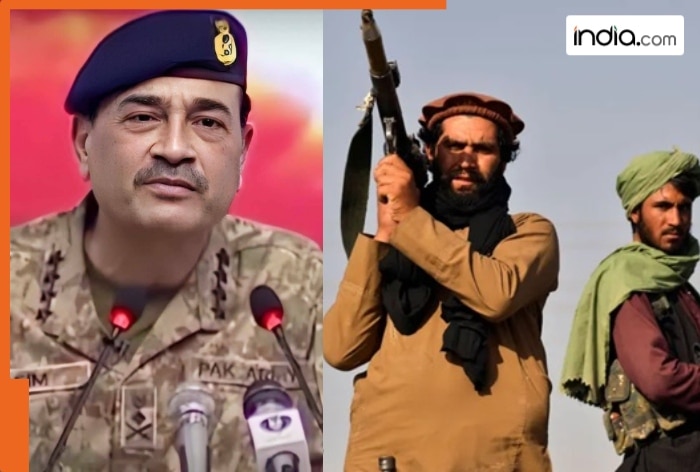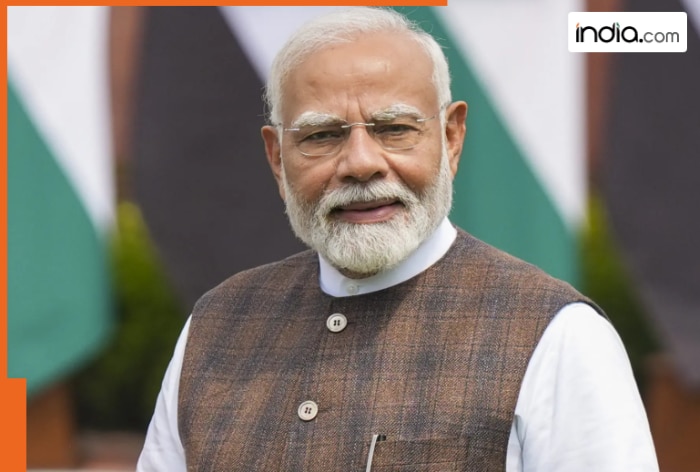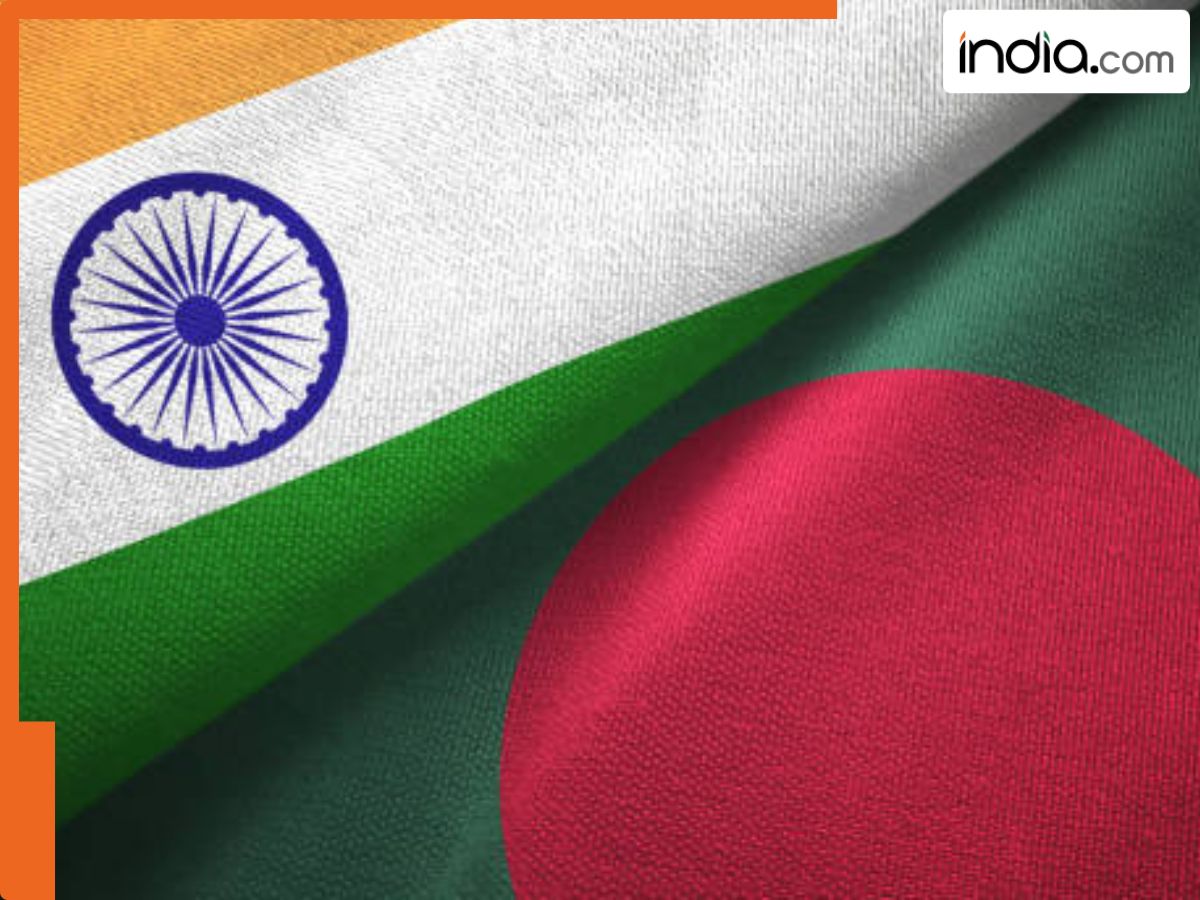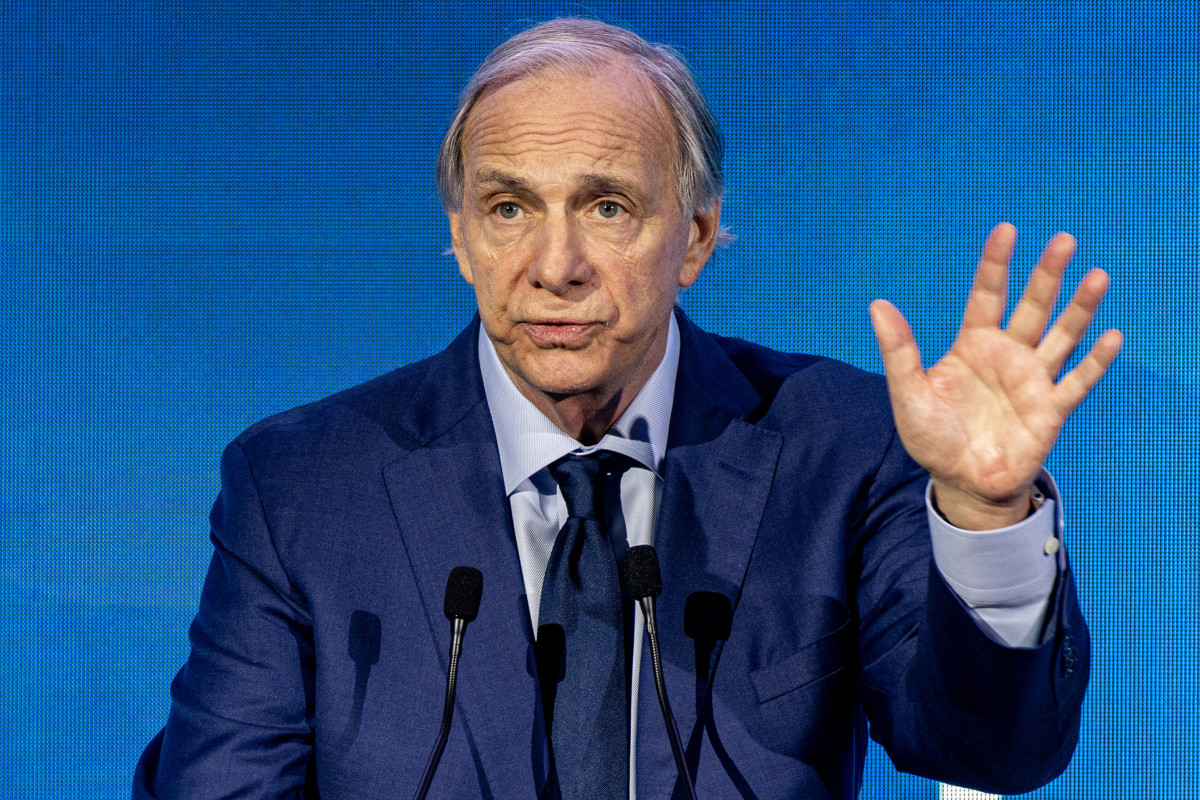Pakistan and Taliban, once close friends, are now at war due to…
The Taliban has clearly stated that if Pakistan violates the Afghan border again, the Afghan army will retaliate.

New Delhi: The world knows them as the Taliban, but not many know the meaning of the word itself. Taliban is Pashto for students. Pashto is an eastern Iranian language spoken in Afghanistan and northwestern Pakistan, with official status in Afghanistan and the Pakistani province of Khyber Pakhtunkhwa. It is the native language of the Pashtun people.
Pashto and Pashtuns
Pashtuns, also known as Pakhtuns or Pathans, are a large Iranic ethnic group primarily living in southern and eastern Afghanistan and northwestern Pakistan. They have a distinct culture and society governed by the traditional code of honor, hospitality, and justice known as Pashtunwali.
The Taliban is governing Afghanistan since August 15, 2021, after the US led coalition forces left the country. They control all of Afghanistan.
Taliban-Pakistan clashes and the TTP factor
There have been border skirmishes between the two neighbours, with a few big ones marking their presence as big attacks. These started mainly in 2024 and continue till date, when Taliban Foreign Minister Amir Khan Muttaqi is in India(BHARAT) on an official visit.
The main actor in this bloody conflict is the Pakistani Taliban, more famously known as the Tehreek-e-Taliban Pakistan (TTP). The TTP was formed in 2007 by Baitullah Mehsud. Noor Wali Mehsud is its current leader who has publicly pledged allegiance to the Taliban.
The TTP is a Deobandi jihadist Pashtun nationalist militant group operating along the Afghan-Pakistan border. It is an internationally designated terrorist group. The Pakistani Taliban share similar ideologies with the Afghan Taliban and have assisted them in the 2001–2021 war against the USA and coalition forces, but the two groups have separate operation and command structures.
Pakistani airstrikes on Afghanistan and counterattacks
Afghanistan–Pakistan clashes are a series of ongoing armed clashes consisting of cross-border airstrikes and exchanges of gunfire between Afghanistan and Pakistan. It also features the Balochistan Liberation Army (BLA), and Pakistani Taliban (TTP). The skirmishes took place over many locations along the Afghanistan-Pakistan border, including North Waziristan, South Waziristan, Wana, Dera Ismail Khan, Shangla, Khost, and Paktika.
After de-escalation in March 2024, the conflict resurged in December 2024 with Pakistani airstrikes against Afghanistan, which marked the third round of air strikes by Pakistan on the territory of Afghanistan in a period of less than two years. The first Pakistani airstrikes on Afghan soil were carried out in 2022 and the second Pakistani airstrikes were conducted in March 2024.
On 22 September 2025, the Pakistani Air Force conducted an airstrike in Khyber Pakhtunkhwa province, killing its own 30 people, including women and children. Pakistani Air force claimed to strike the BLA and TTP militants.
The retaliation
In retaliation, BLA carried out suicide bombings near paramilitary headquarters in Quetta in Pakistan, killing 10 people on 30 September 2025. Train Jaffar Express was also attacked with IED explosions leading to derailment of train in Sindh province of Pakistan.
The fighting between the two countries escalated on 9 October 2025, with a gunfight in Khyber Pakhtunwa, continuing with airstrikes in Kabul on 10 October and fighting along the Durand Line intensifying on 11-12 October.
Is Pakistan blaming Taliban for its internal problems?
In late September, the Taliban government heavily criticized Pakistan’s army and government as it slammed the Shehbaz government and said that Pakistan must stop pointing fingers at Afghanistan for every internal problem. Talking about Pakistan government, Taliban spokesperson Zabihullah Mujahid said that Pakistani leaders should refrain from making provocative statements and blaming Kabul. According to him, such allegations would damage bilateral relations and could have serious consequences.
During an interview, Mujahid stressed that Afghanistan should not be held responsible for attacks taking place in Pakistan. It is important to note that his statement comes at a time when Pakistan’s army and government officials are claiming that the Tehrik-e-Taliban Pakistan (TTP) is being sheltered in Afghanistan. In recent months, TTP has been accused of carrying out attacks on the Pakistani army. This has fuelled an ongoing war of words between the two countries over the TTP issue.
In a stern message, Mujahid warned Pakistan that with its leaders’ threatening statements, it would become difficult to rein in the TTP.
Afghan Taliban’s massive attacks kill more than 70 Pakistani security personnel
On October 12, the Afghan army launched multiple attacks inside Pakistan. The Afghan Taliban confirmed the strikes, describing them as a retaliatory action against attacks by the Pakistani army. According to the reports, the Afghan forces stormed several Pakistani military posts, and at least 12 Pakistani soldiers were killed.
Following this attack on Pakistan, Taliban spokesman Zabihullah Mujahid addressed a press conference in Kabul where he accused Pakistan of harbouring terrorists. He alleged that Pakistan allowed ISIS to establish base camps in its northwestern province of Khyber Pakhtunkhwa and provided them with land to operate against Afghanistan.
Zabihullah Mujahid said that Pakistan’s Khyber Pakhtunkhwa has become a hub of terrorism. He also detailed the Afghan response to Pakistan’s recent airstrikes and shelling along the border.
58 Pakistani security personnel killed
Taliban spokesman Mawlawi Zabihullah Mujahid further stated that during an overnight counteroffensive along the Durand Line, Afghan forces managed to capture more than 20 Pakistani posts. He claimed that 58 Pakistani security personnel were killed. More than 30 were injured, while 9 Taliban fighters were killed and 16-18 others were injured.
Meanwhile, a Taliban spokesperson stated that all Afghan borders and the Durand Line are fully under Taliban control, and the security situation is satisfactory.
The Taliban have also blamed the Pakistan Army’s Special Military Group for spreading unrest and posing a security threat in Afghanistan and further accused the Pakistani group of spreading false and misleading information against Afghanistan on international forums.
The Taliban has clearly stated that if Pakistan violates the Afghan border again, the Afghan army will retaliate.
What's Your Reaction?





















































